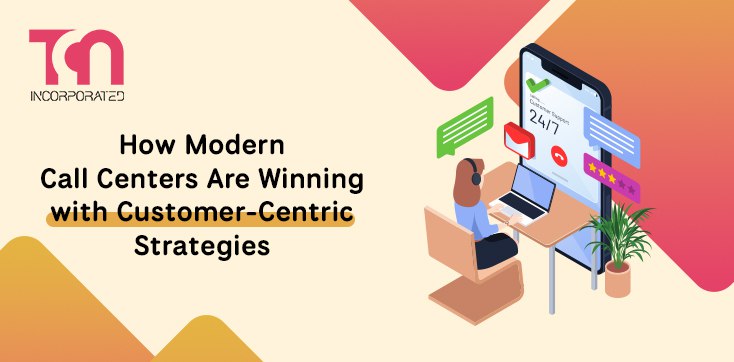
In an era where customer loyalty is more fragile than ever, call centers are no longer just problem-solving hubs. They’re becoming experience centers — designed to understand, engage and retain customers. Modern call centers that prioritize customer-centric strategies are not only improving satisfaction scores but also building lasting brand trust.
Listening First, Selling Later
Today’s customers expect more than quick solutions. They want empathy, personalization and real-time responsiveness. Leading call centers are shifting focus from rigid scripts to active listening. Agents are trained to engage in meaningful conversations, understanding the caller’s emotions before offering a solution.
This human-first approach builds rapport, diffuses tension and sets the tone for a positive outcome — even when the issue isn’t resolved on the first call.
Leveraging Technology to Enhance Human Touch
It might sound counterintuitive, but technology is actually helping call centers become more human. Tools like AI-powered chatbots, CRM integration and call analytics are streamlining operations, allowing agents to focus on what matters most — the caller.
For instance, intelligent call routing ensures that customers reach the right department faster. Meanwhile, real-time data access allows agents to personalize conversations based on customer history and preferences.
Embracing Omnichannel Support
A true customer-centric strategy recognizes that people don’t just use phones anymore. Email, live chat, social media and messaging apps are now part of the support ecosystem. The most effective call centers offer omnichannel support — not just multiple channels, but a seamless experience across all of them.
Customers can start a conversation on Twitter and finish it on a phone call, without repeating themselves. This continuity increases convenience and decreases frustration.
Investing in Agent Empowerment
Call center agents are on the front lines of customer experience. Empowered agents — those with the right training, tools and authority — make faster decisions and deliver better service.
Progressive call centers are investing in ongoing training, mental health support and knowledge-sharing platforms. They understand that happy agents lead to happy customers.
Measuring What Matters
While traditional metrics like average handle time and call volume are still tracked, modern call centers are prioritizing customer satisfaction (CSAT), Net Promoter Score (NPS) and First Call Resolution (FCR). These KPIs provide a clearer picture of experience quality, not just efficiency.
More importantly, they help call centers continuously improve — by tracking trends, identifying pain points and refining their approach.
Final Thoughts
In the end, the call center isn’t just a place where problems are fixed — it’s where loyalty is earned. By embracing customer-centric strategies, modern call centers are becoming a core part of a company’s brand experience.
